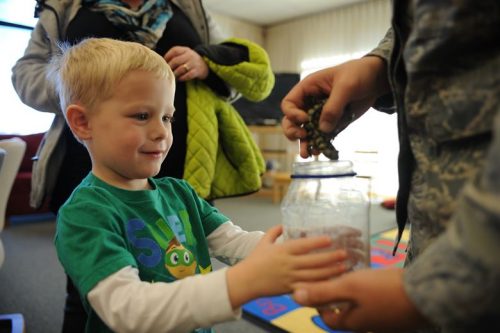
Keeping up with societal expectations of how to be perfect parents is unrealistic and exhausting. But are there really perfect parents? Well, there are perfectionist parents but perfect parents are debatable.
Why Perfect Parents Don’t Exist
“The vast majority of parents view this intensive parenting style as the best, as very preferable to other parenting styles,” Patrick Ishizuka, PhD, said. “Both men and women strongly support it, whether the parent in the vignette is the mother or father.”
Perfection is defined as being free from defects or flaws. Though the concept of perfection is subjective, one would conclude that perfection, when describing the human population, is not appropriate. Therefore, parenting is neither faultless nor impeccable.
Because parents are merely humans who have gained the responsibility of raising kids, they are not excused from experiencing problem behavior from their kids. Not complying with the set rules of the house, escaping chores, sibling rivalries, failing grades, unanswered homework, and spending a lot of time being unproductive are just some of the reasons why parents go berserk.
Guess what? This is just the start. Wait until these kids evolve into teenagers. That’s the time when the dilemma sets in.
From Perfect Parenting To Good Parenting
Since we’ve already established that perfect parenting is a bust, the next option would be considering how to be good parents.
1. Good Parents Accept Mistakes

Errors might be coming from the parents’ end or their children’s end; either way, what’s essential in the end is accepting the fundamental truth that mistakes are bound to be made no matter how careful or assured you are. How does acceptance occur?
• Parents need to realize that feeling overwhelmed, inadequate, confused, angry, worried, and guilty due to the behavior of your child, are part of the parenting process. Therefore, it is self-defeating and futile to strive for perfection.
• Parents need to recollect the times when they were kids, and they misbehaved and did terrible things. Once they do, remember how your parents handled your mistakes and how you reacted to it and how, at this very moment, the advice or punishments have made an impact on your overall well-being. “Much of today’s popular advice to parents ignores emotion,” says Dr. John Gottman.
2. Good Parents Do Not Compare
Statements starting with, “When I was your age…” can easily end a conversation between you and your kid. Living in the past and comparing something that your children did at present is like cutting the bridge of understanding. Or saying something like, “Look at our neighbor’s kid, she did amazing on her exams, why can’t you?” You must know why your kids are failing at a specific task or subject at school. There has to be a good reason behind it.
Comparisons are the downfall of a person’s innate attributes and characteristics. Comparing your kids not only brings them further stress and pressure but unhappiness brought about by unrealistic expectations. Nobody wants to be compared with other people because not everyone’s the same.
3. Good Parents Know How To Communicate
For children to become more comfortable in opening up and talking about specific topics that they find sensitive or confusing, parents should always keep the door for honest communication accessible. Parents, especially mothers, have pretty keen instincts as to whether their children are bothered or troubled about something. They should always make the first move on asking their children how they’ve been and if there’s anything they wanted to confide to them. “Being a sensitive parent and responding to your kids cuts across all areas of parenting,” says Arizona State University’s Dr. Keith Crnic.
Create A Flexible Framework
To live through proper parenting, fathers and mothers must create a resilient, adaptable framework that will take into consideration their expectations, temperaments, philosophies, and parenting methods. By doing so, you are a forminga structure that can commit not only to your spouse’s beliefs and style but also accommodate your children’s preferences, idiosyncrasy, and attributes.
Parents must find comfort in the idea that even though perfect parenting does not exist, a vast majority of children, no matter how problematic, turn out okay. Parenting might suck the life out of you, but it can also add joy and fulfillment to your years to come.
